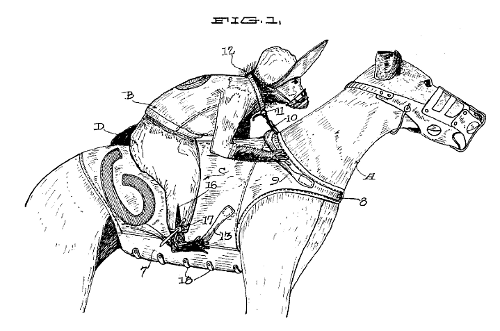Plumber is icumen in;
Bludie big tu-du.
Bloweth lampe, and showeth dampe,
And dripth the wud thru.
Bludie hel, boo-hoo!
Thawth drain, and runneth bath;
Saw sawth, and scruth scru;
Bull-kuk squirteth, leakë spurteth;
Wurry springeth up anew,
Boo-hoo, boo-hoo.
Tom Pugh, Tom Pugh, well plumbës thu, Tom Pugh;
Better job I naver nu.
Therefore will I cease boo-hoo,
Woorie not, but cry pooh-pooh,
Murie sing pooh-pooh, pooh-pooh,
Pooh-pooh!
— A.Y. Campbell






